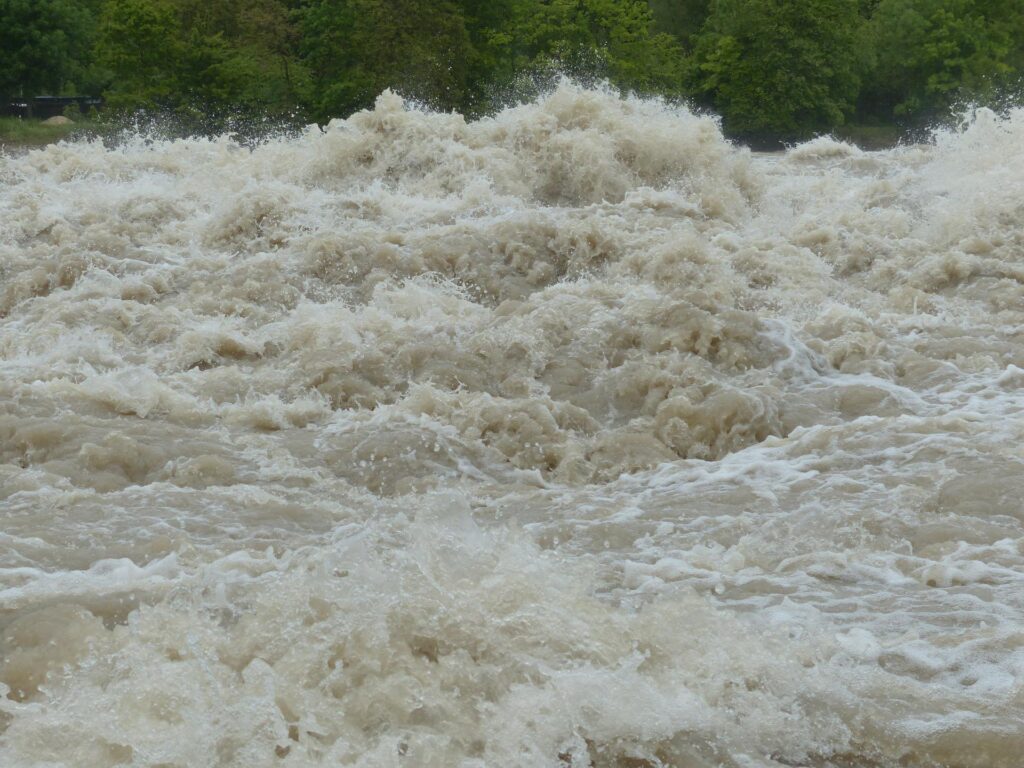Analysis from the World Weather Attribution (WWA) group, an international initiative that analyzes the possible influence of climate change on extreme weather events, has demonstrated how climate change made extreme rainfall heavier and more damaging during five back-to-back storms in January and February in Madagascar, Malawi and Mozambique.
More than a million people were affected by the storms, with 230 reported deaths. Although the WWA analysis has shown that climate change made the events worse, it was not able to quantify exactly how much climate change influenced the events due to a shortage of high-quality weather observations available for this part of Africa.
Dr Piotr Wolski, climate system analysis group, University of Cape Town, said, “Southeast Africa, including Madagascar, Malawi and Mozambique, is already a hotspot for tropical storms and cyclones, which we expect to become more intense and destructive with climate change. It is urgent to put in place measures to reduce vulnerability and adverse socio-economic impacts in the region and reduce carbon emissions in the most polluting countries.”
In late January 2022, Tropical Storm Ana brought winds and heavy rains to parts of Madagascar, Mozambique, Malawi and Zimbabwe. Ana was followed by Tropical Cyclone Batsirai hitting the South coast of Madagascar on February 5, 2022. Ana and Batsirai were the first storms of the 2021-22 Southwest Indian Ocean cyclone season (November-April). Following those two events, two more tropical cyclones and another storm also made landfall leading to further flooding and increasing the number of casualties.
To evaluate the role of climate change on the frequency and intensity of extreme rainfall during the storms, the scientists analyzed weather observations and computer simulations to compare the climate as it is today, after about 1.2°C of global warming since the late 1800s, with the climate of the past, following peer-reviewed methods.
The analysis focused on rainfall, which caused widespread flooding, over the wettest three-day periods in two regions: Madagascar, where cyclone Batsirai caused major damage, and an area over Malawi and Mozambique most affected by Tropical Storm Ana. In both cases, the results show that rainfall associated with the storms was made more intense by climate change and that episodes of extreme rainfall such as these have become more frequent.
The finding is consistent with scientific understanding of how climate change, caused by anthropogenic greenhouse gas emissions, influences heavy rainfall. As the atmosphere becomes warmer it accumulates more water, increasing the risk of downpours. WWA believes that with further greenhouse gas emissions and continued temperature increases such heavy rainfall episodes will become even more common.
However, there were limitations due to the absence of comprehensive historical records of rainfall in the region. Of 23 weather stations in the affected area in Mozambique, only four had relatively complete records going back to 1981. In Madagascar and Malawi there were no weather stations with suitable data for the study.
In many other parts of the world where more comprehensive weather station data is available, scientists have been able to quantify the influence of climate change on particular extreme events.
Dr Sarah Kew, researcher at the Royal Netherlands Meteorological Institute, said, “While our analysis clearly shows that climate change made the storms more damaging, our ability to establish precisely by how much was hampered by inconsistent data and lack of weather observations. This would also help to improve forecasts of extreme weather events and their impacts.”
Increased investment in weather stations in Africa would enable a more precise estimate of the impact of rising greenhouse gas concentrations on the continent. This is a major priority of WMO – to increase investment in basic observing systems in Africa as well as to rescue and archive historical weather data.
The study was conducted by 22 researchers as part of the World Weather Attribution group, including scientists from universities and meteorological agencies in France, Madagascar, Mozambique, the Netherlands, New Zealand, South Africa, the UK and the USA.
To download a copy of the original study, click here.



